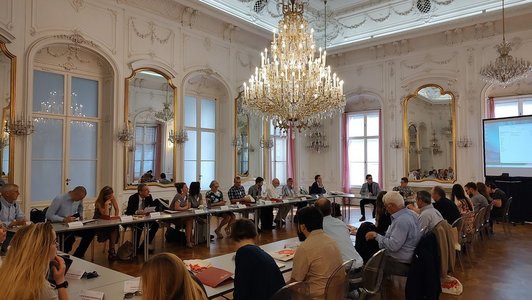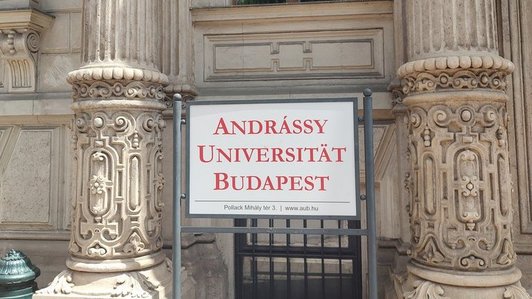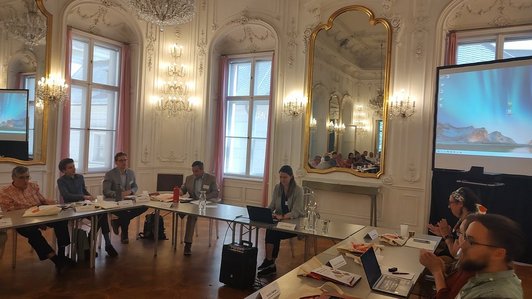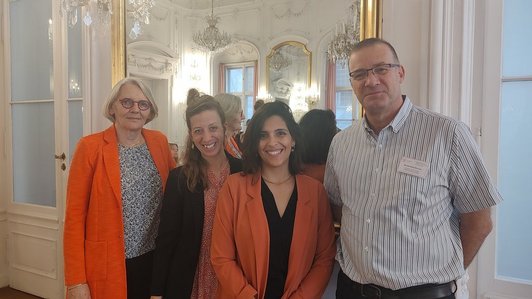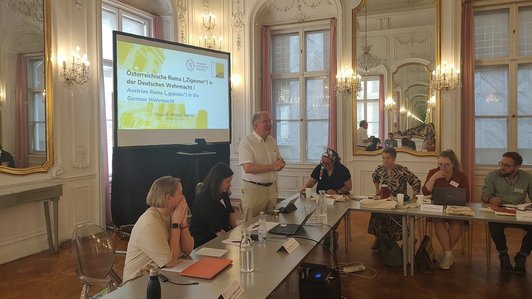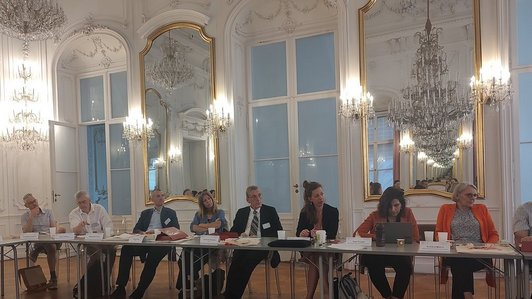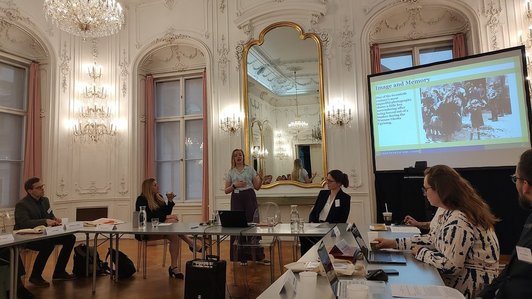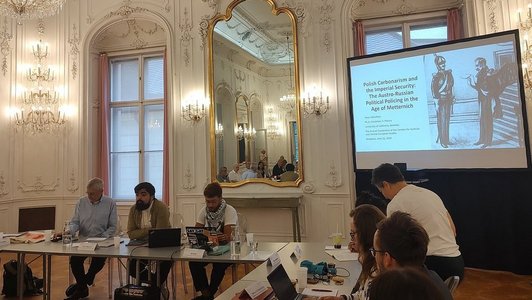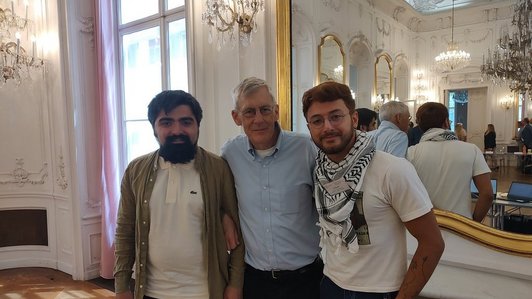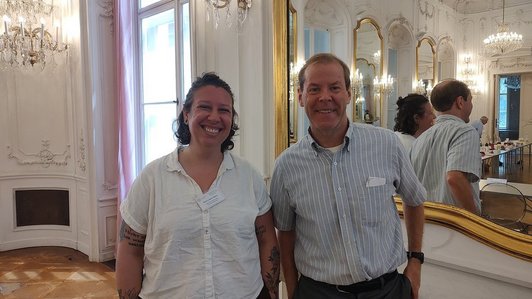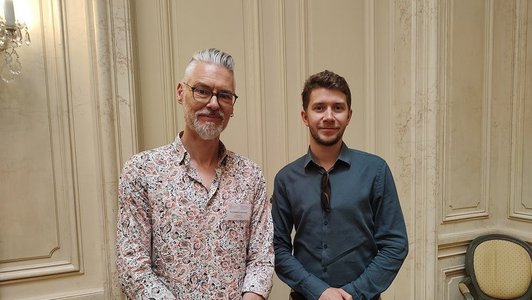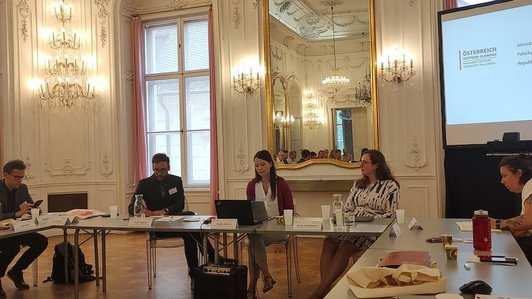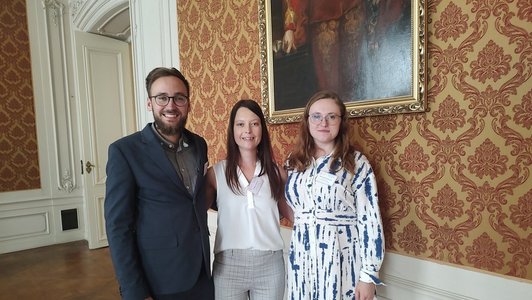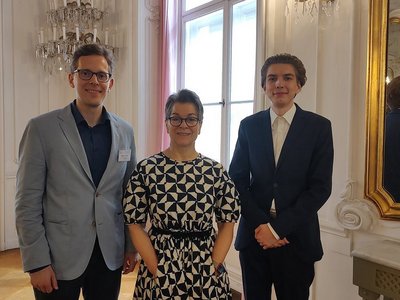

The Central Europe Centre at Andrássy University Budapest (AUB) was founded in 2010 and focuses its research and teaching on the history and culture of the Habsburg monarchy and its successor countries. The director of the centre, Prof. Georg Kastner, and his team organised a varied programme during which the participants, who are very well versed in history, were able to learn even more about Budapest and Hungary.
All nine directors of the centres and one or two students from the respective universities were represented. The speakers are at the beginning of their academic careers, although the two participants from Budapest are already involved in university life. Orsolya Tamássy-Lénárt presented her postdoctoral thesis on Count Johann Mailath, a German-speaking Hungarus as a transcultural mediator. Associate Professor Ursula Mindler-Steiner reported on her ongoing research on Austrian Roma in the Wehrmacht.
The interesting topics ranged from aristocratic women and their social position in the interwar period, to Austrian national politics and Catholics in Ottoman Bulgaria. The Middle Ages played a role for the representatives from Olmütz and Minnesota, who spoke about the value of grief and the lives of Jewish women at that time. A contribution from Vienna examined the educational practices of the Habsburg monarchy and Prussia's Polish Territories, while the construction of the Austrian identity was highlighted in a research paper from New Orleans. A literary contribution reported on the culture of defeat using examples from novels about the Battle of Königgrätz.
This was followed by a current topic from Berkeley on homonationalism and LGBTIQ legislation in the EU. The Israeli representatives also referred to current topics, on the one hand with a comparison of urban climate change experiments in Vienna and Stockholm and on the other hand on digital education for teaching and learning about the Holocaust. Other contributions on the Holocaust examined the Ravensbrück "Rabbits" and their fight for official reparations, as well as remembrance shaped by public memory and famous movies in relation to the Warsaw ghetto. Contemporary parallels could be read into the second lecture by Berkeley, which was dealing with political surveillance under Metternich and in Russia at the time.
The varied programme and the new research findings continue to contribute to the importance of the Austrian centres. New contacts were made during the conference and the participating students were able to network successfully, as they were engaged in many lively discussions. The Austria Centres 2025 conference will take place at the Austria Centre in Olomouc.
About the Centres for Austrian Studies:
The first Centre for Austrian Studies was founded in the 1970s by the Austrian Federal Ministry of Science at the University of Minnesota. There are now nine Centres with different focuses in Vienna, Olomouc, Budapest, Leiden, New Orleans, Berkeley, Minnesota, Alberta/Edmonton and Jerusalem, all of which have the academic study of Austria and East Central Europe as their goal. Annual meetings always take place alternately at one of the locations of the Centres.
Link zur Webseite

